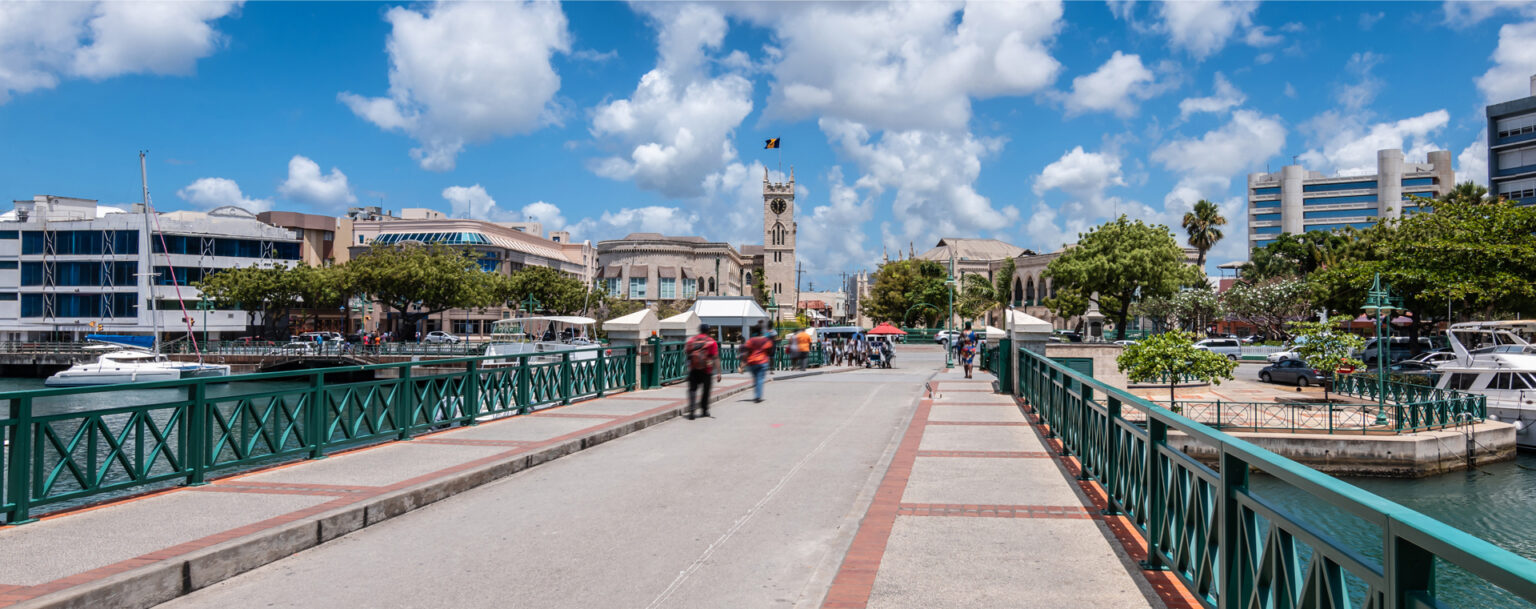
Urgent and Decisive Action to Reform the International Financial Architecture
Designed at a time when most of today’s member states were not independent and when climate risks or social inequalities, including gender equality, were not considered pre-eminent development challenges, the International Financial Architecture (IFA) already had structural deficiencies at the time of its conception. These have become increasingly at odds with the reality and needs of the world today, making the IFA entirely unfit for purpose in a world characterized by unrelenting climate change, increasing systemic risks, extreme inequality, highly integrated financial markets vulnerable to crossborder contagion, and dramatic demographics, technological, economic, and geopolitical changes.
We call for an integrated development and resilience strategy to achieve the SDGs, including actions to address liquidity and debt sustainability, massively scale up of development finance, mobilize private capital, and build a matching trading system. We also call for inclusive and equitable global economic governance. Together with the SDG Stimulus, the Bridgetown Initiative can accelerate progress towards the SDGs and the Paris Agreement. Below we highlight priority actions of the Bridgetown Initiative that we can undertake now.
1. Provide immediate liquidity support
UN Member States to:
• Fast track the re-channeling of $100 billion of Special Drawing Rights (SDRs) to the Poverty Reduction and Growth Trust and the Resilience & Sustainability Trust.
The IMF to:
• Immediately suspend surcharges for two to three years. • Restore the enhanced access limits established during the pandemic for the Rapid Credit Facility and Rapid Financing Instruments.
2. Restore debt sustainability
G20 Creditor Countries, (either through the Common Framework for Debt Treatments or otherwise) to:
• Redesign the Common Framework, including by speeding up debt relief and cancellation with reliable timelines, debt service standstills, and ‘most favoured creditor clauses’, and allow debtdistressed middle-income countries to make use of the Common Framework. BRIDGETOWN
The IMF to:
• Encourage the restructuring of unsustainable private debt through IMF programs that are consistent across countries and have more locally driven fiscal sustainability plans.
• Refine the Debt Sustainability Analysis, including adopting changes that enable investments that create future savings to have a lower weighting than other debt.
Public, multilateral, and private creditors to:
• Adopt zero-cost, net-present-value neutral natural disaster clauses in all lending instruments to make them more shock-absorbing.
• Refinance high-interest and short-term debt with credit guarantees and longer maturities.
UN Member States to:
• Agree new international resources (whether taxes, charges, or other sources) to fund the UNFCCC Loss and Damage Fund to $100 billion per year.
3. Mobilize private sector investment to over $1.5 trillion per year for green and just transformations
IMF and MDBs to:
• Cut the excessive macro-risk premia on developing countries with $100 billion per year of foreign exchange guarantees for just green transition investments.
• Expand project preparation support, risk reduction instruments, blended finance, and viability gap funding in order to strengthen the pipeline of bankable development and climate projects.
4. Increase official sector development lending for SDGs to $500 billion per year
The G20, shareholders of the World Bank, Multilateral Development Banks and IMF to:
• Fully implement the CAF Review recommendations, including on callable capital and SDRs.
• Put an additional $100 billion of paid-in capital contributions into MDBs and re-channel SDRs to the MDBs, leading with the African Development Bank by September 2023.
• Increase the leveraging of the IDA balance sheet, fully fund the Crisis Response Window ($6 billion) by the end of 2023, and implement a phased scale up of IDA to $279bn in IDA 22.
• Raise the access limits for the Poverty Reduction and Growth Trust and the Resilience & Sustainability Trust.
• Move ‘beyond GDP per capita’ to capture vulnerability in funding eligibility criteria and provide low-cost, 50-year loans for vulnerable countries to invest in climate resilience, anti-fragility, pandemic preparedness, food and water security, renewable energy access, and bridging the digital divide and other forms of greater resilience.
• Streamline and harmonize loan procedures across MDBs and IFIs, increase front-line support to countries accessing loans, and finance country-led national resilient development plans and multicountry programs that protect the global commons.
5. Ensure that the multilateral trading system supports the green and just transformation
WTO, ILO, UNCTAD, and major trading partners to:
• Work with governments to ensure supply chains become resilient, benefit raw materials producing nations and protect the vulnerable.
6. Reform the governance and operations of International Financial Institutions (IFIs)
Shareholders of IFIs to:
• Update the 1945-based institutions to be more inclusive and equitable, including issues of governance, voice, representation, and access to finance.


